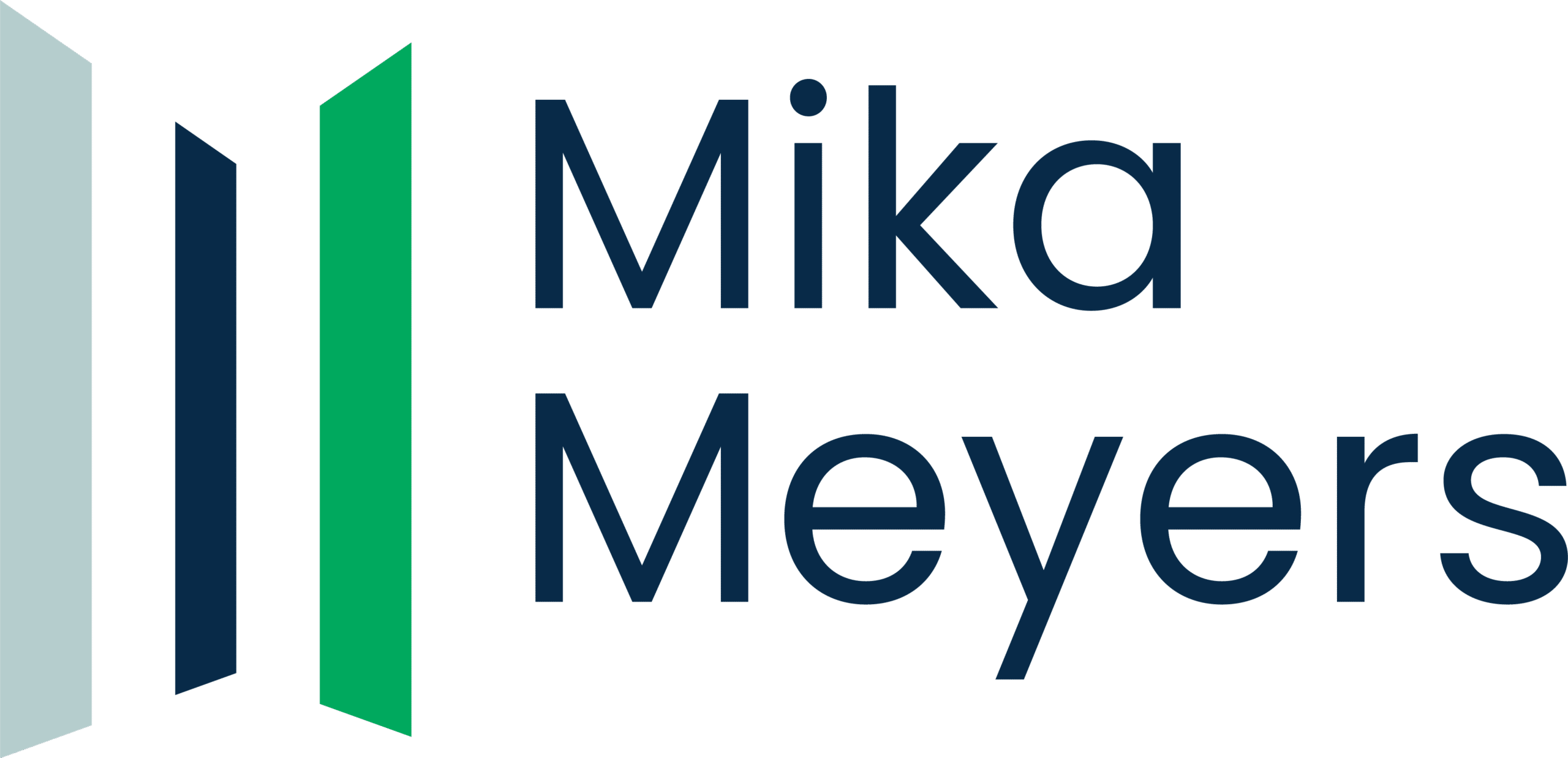Claims against registered brokers are filed in FINRA Dispute Resolution. Below you will find answers to some of the common questions we get about FINRA arbitration.
What is FINRA arbitration?
The Financial Industry Regulatory Authority (“FINRA”) provides a forum for the arbitration of disputes between investors and their brokerage firms and brokers. Arbitration is similar to litigation, but the procedural and evidentiary rules are more relaxed in arbitration than they are in court.
Do I have to file my claims in FINRA arbitration?
FINRA member firms generally require their clients to sign account agreements containing arbitration clauses (agreements to resolve all disputes in FINRA arbitration proceedings). The U.S. Supreme Court has held that these arbitration clauses are enforceable. In the absence of an arbitration clause, the customer still has the option of forcing an arbitration.
Is the FINRA arbitration process fair?
Many attorneys who represent investors dislike arbitration and feel that their clients would be better off in court. While we appreciate the arguments on both sides of this debate, we have generally found the arbitration process to be fair. Rather than bemoan the situation, we focus on the many advantages that arbitration provides for our clients.
What is the process for filing a claim in FINRA arbitration?
To initiate a FINRA arbitration proceeding, an investor has to file a Statement of Claim with FINRA setting forth the basis for the claims and the relief that is being sought. FINRA serves the Statement of Claim on the the brokerage firm and/or the individual broker involved. The “Respondents” then have an opportunity to file an Answer to the Statement of Claim.
Who will decide my case?
After the initial pleadings are filed, FINRA sends a list of potential arbitrators to the parties. The parties are allowed to “strike” a certain number of arbitrators from the list. The remaining arbitrators have to be ranked in order of preference. The rankings are submitted to FINRA, which then utilizes a formula to select the arbitrator (for smaller cases) or arbitration panel (for larger cases).
What happens after the arbitrators are appointed?
FINRA schedules an initial pre-hearing conference. At the IPHC, the parties (through their attorneys if they are represented by counsel) and the arbitrators establish a schedule for the arbitration. The schedule will include dates for the final hearing, a deadline for completing discovery, and may also include a deadline for pre-hearing motions to be filed. After the IPHC, the parties engage in limited discovery, including the exchange of documents listed in the FINRA Discovery Guide. Occasionally, a motion to dismiss will be filed, but this is quite rare because the grounds for dismissal are very narrow in FINRA arbitration. Cases that do not settle go to a final hearing before the arbitration panel.
What happens at the final hearing?
Final hearings can last anywhere from one day to several weeks, and even months for very large cases. The hearing is similar to a trial, but less formal. Both sides have an opportunity to make an opening statement. After the opening statements, both sides have an opportunity to call witnesses, cross examine the other parties’ witnesses, and to submit documentary evidence to the arbitrators. Once all of the testimony and documentary evidence has been introduced, the parties get the opportunity to make a closing statement. That concludes the hearing. After the hearing, the arbitrators confer and either issue an award of damages for the Claimant or find for the Respondent and dismiss the claims.


